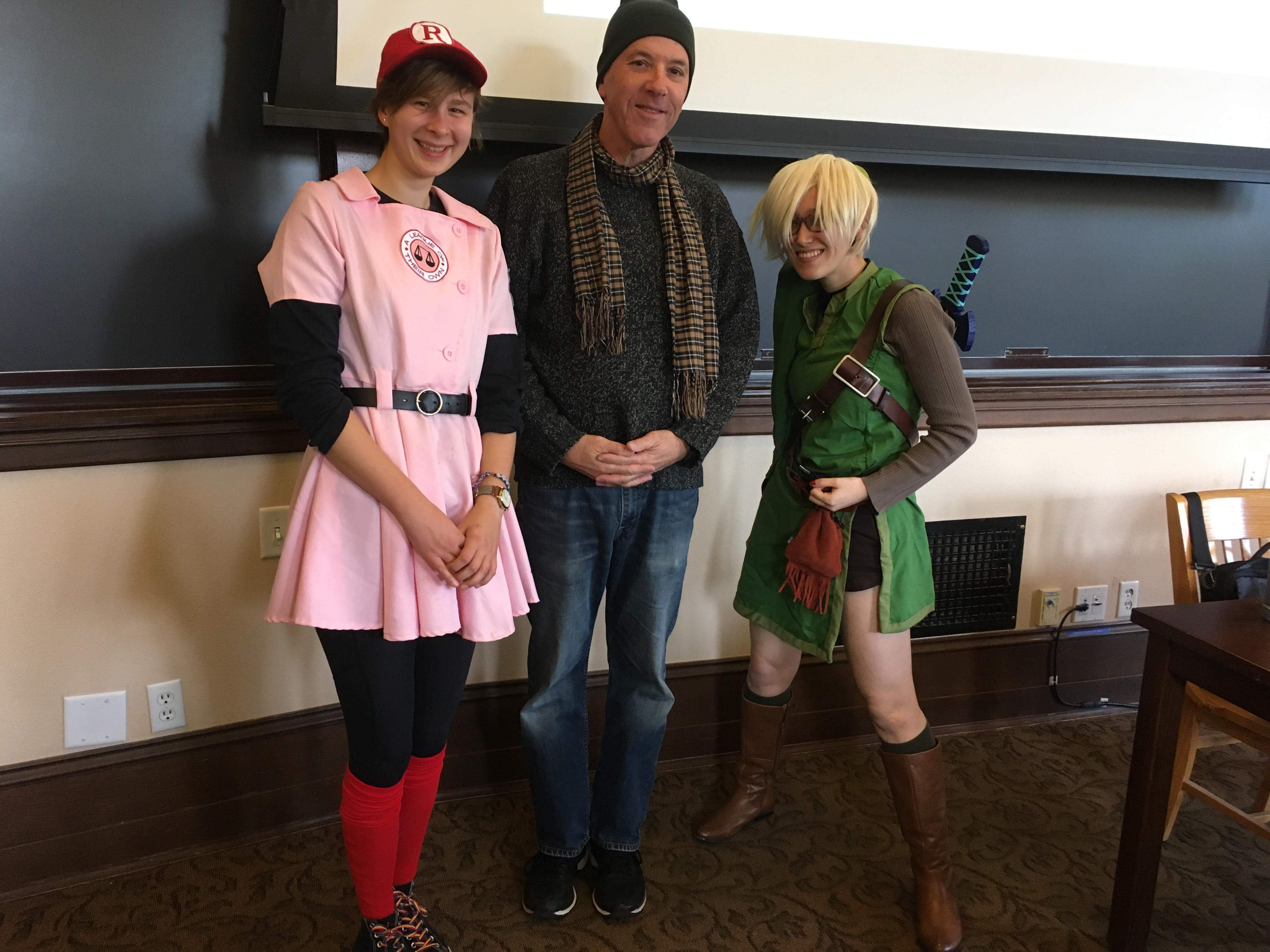This is a report on scores for the first three in-class and take-home quizzes. As I’m sure you realize (and as I have been warning since the beginning of the semester), the material covered by quiz #3 was substantially more difficult than the material on the previous quizzes. This was reflected in the quiz scores which took a substantial and expected downturn. On the other hand, the take-home scores were much higher.
I’ll give you the gory details about quiz #3 in a moment, but I want to say this: students’ first encounter with the acid-base equilibria and chemical reactions (usually nucleophilic substitution reactions) of organic chemistry has been problematic for as long as I have been teaching organic chemistry (over 30 years). I would like to think that there is a better way to teach this material, but I haven’t found it yet. Still, there are some silver linings in all this. Read on.
